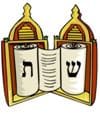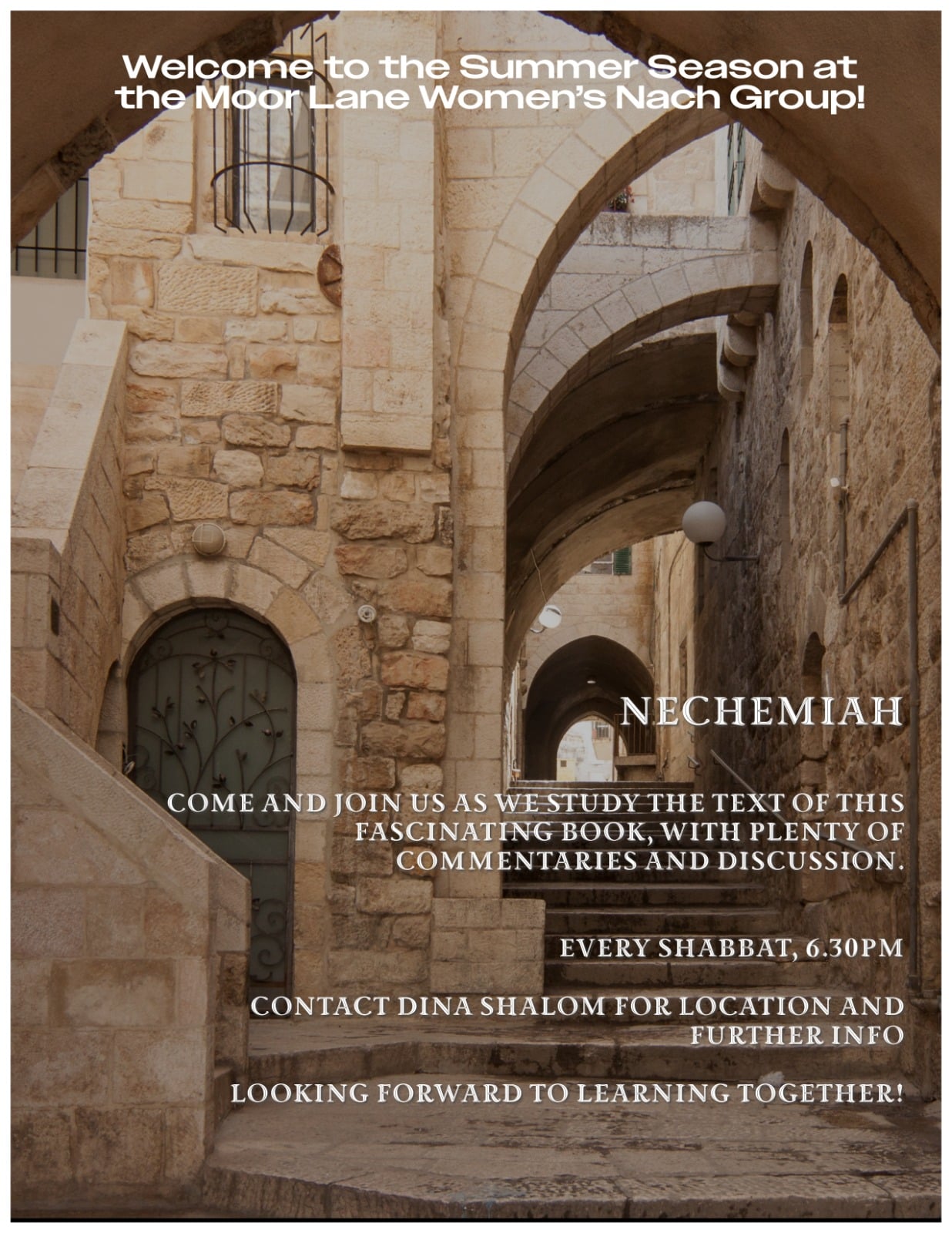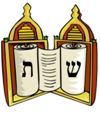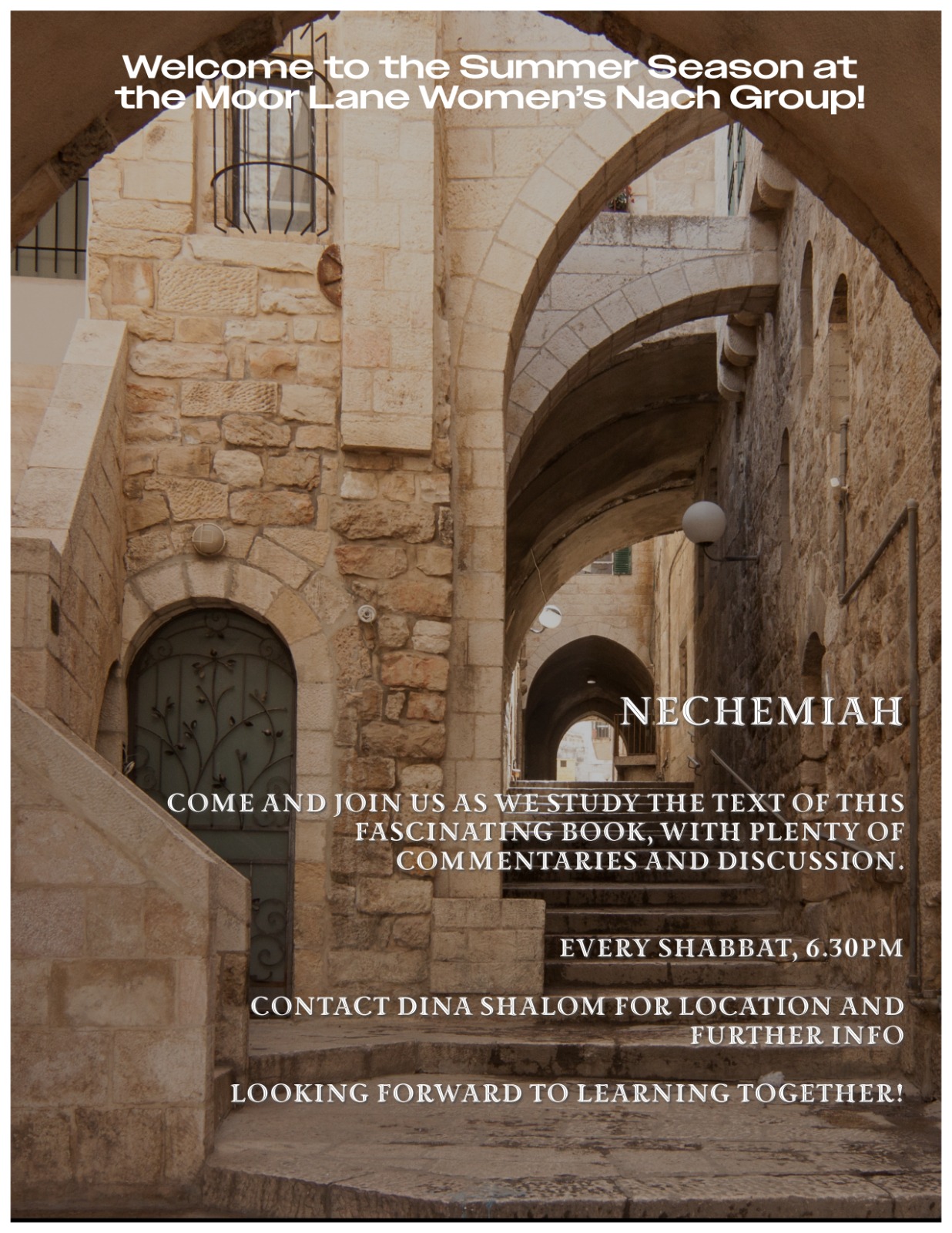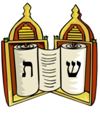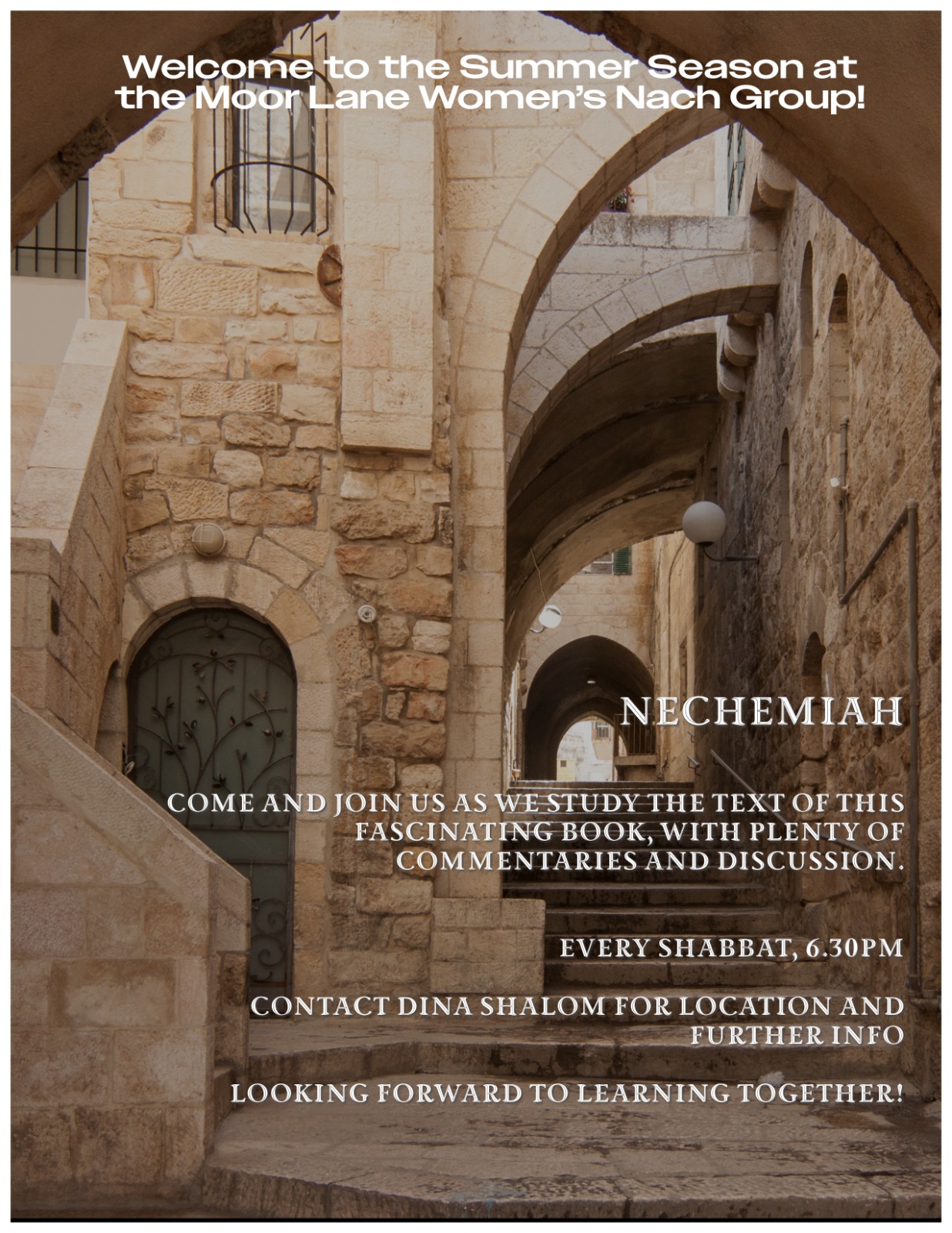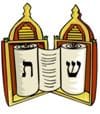
ק׳ ק׳ שׁערי תפילה

****
חודש טוב ומבורך

****

******

*******

לוח זמני תפלה לקיץ תשפ״ה
Summer Timetable 5785 – 2025
מוצאי שבת | ערבית )מוצ”ש( | שקיעה | סוף זמן קראת שמע | זמן שבת | פלג מנחה (תה״ד) | פלג מנחה (לבוש) | מנחה וקבלת שבת | תאריך | שבת פרשת |
Shabbat Ends | Arbit | Sunset | Shema to be read before | Candles to be |
| Earliest Candle lighting | Minha & Kabbalat Shabbat* | Date | Parasha |
PM | PM | PM | AM | PM | PM | PM | PM |
|
|
10:59 | 10:55 | 9:40 | 8:57 | 9:27 | 8:40 | 7:56 | 7:40 | 27/28 June | קרח |
🕯️SUMMER TIMES FOR SHABBAT 🕯️
שבת
קרבנות
9:00 am
הודו
9:15 am

מנחה
6:30 pm
****
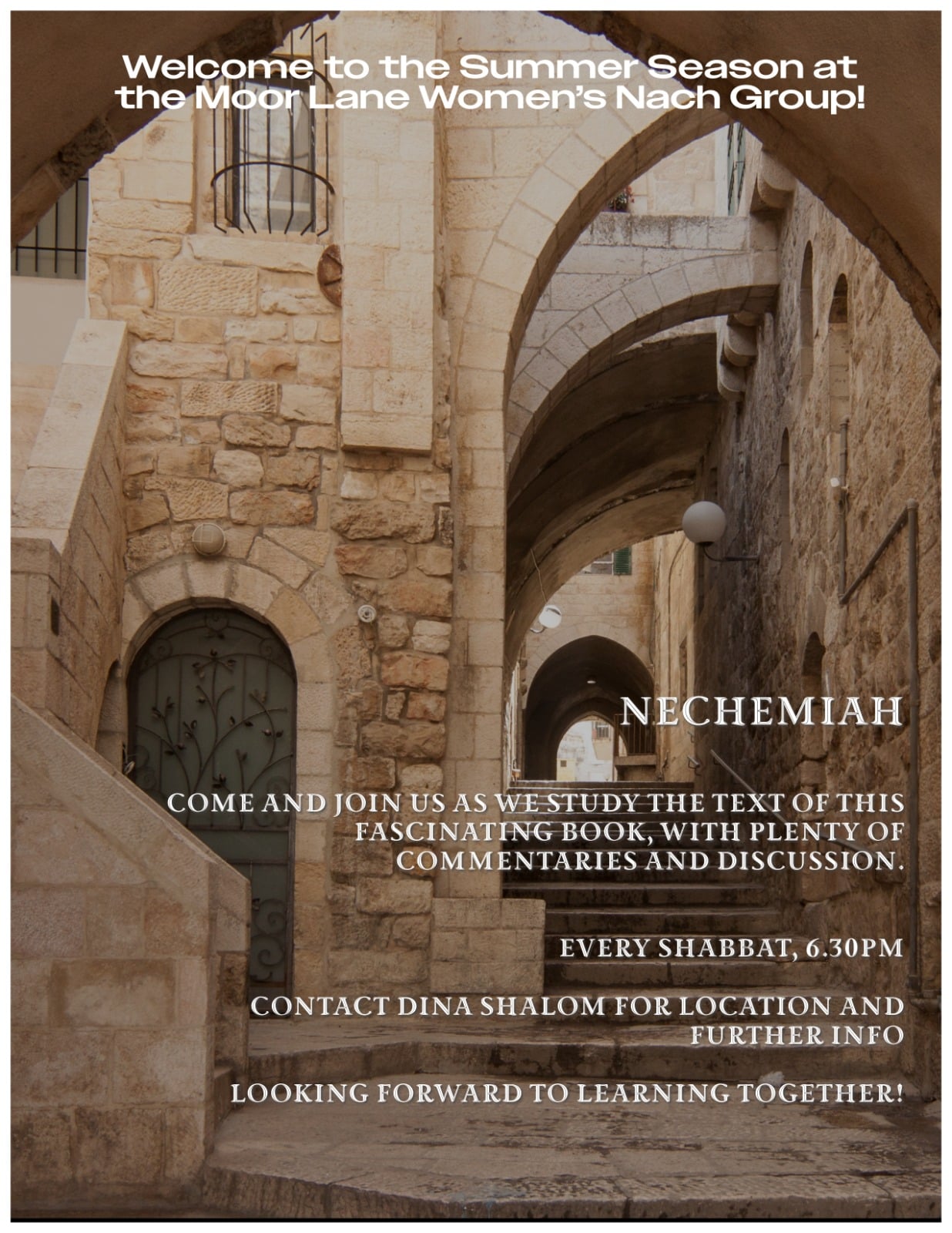
****
Korach, Datan and Aviram, and 250 leaders of Israel rebel against the authority of Moshe and Aharon. The rebellion results in their being swallowed by the earth. Many resent their death and blame Moshe. G-d's “anger” is manifest by a plague that besets the nation, and many thousands perish. Moshe intercedes once again for the people. He instructs Aharon to atone for them and the plague stops.
Then, G-d commands that staffs, each inscribed with the name of one of the tribes, be placed in the Mishkan. In the morning, the staff of Levi, bearing Aharon's name, sprouts, buds, blossoms and yields ripe almonds. This provides Divine confirmation that Levi's tribe is chosen for priesthood and verifies Aharon's position as Kohen Gadol, High Priest. The specific duties of the levi'im and kohanim are stated. The kohanim were not to be landowners, but were to receive their sustenance from the tithes and other mandated gifts brought by the people. Also taught in this week's Torah portion are the laws of the first fruits, redemption of the firstborn and various laws of offerings.
Ohr Somayach Institutions www.ohr.edu

בישולי גויים – סושי
בהלכות הקודמות ביארנו, שגזרו רבותינו שלא לאכול מתבשיל שבושל על ידי גויים. והסברנו את טעמי הגזירה.
ובהלכה הקודמת ביארנו, שישנם שני תנאים, שבהעדר אחד מהם, מותר לאכול מתבשילי הגוי. האחד, שאם הדבר שנתבשל יכול להאכל אף ללא בישול, כגון תפוחים, הרי שמותר לאכלו אף על פי שבישלו הגוי.
והתנאי השני, שכל דבר שאינו עולה על שלחן מלכים, כלומר, מאכלים שהם פשוטים, ואינם ראויים למלכים, לא שייך בהם איסור בישולי גויים.
ועתה נביא דוגמאות לתבשילים שמותר לאכלם אף על פי שבישלם הגוי:
והתשובה, שמאחר והדרך לאכול ערמונים גם כשהם חיים, כלומר, גם ללא בישול או צליה,וכן נוהגים לאכלם באותם המדינות, לפיכך אין איסור בישולי גויים נוהג בערמונים. ולכן, מותר לקנות ערמונים כאלה מהגוי, ולאכלם לאחר בדיקה מן התולעים.
וכן נודע לנו מפי תלמידי חכמים ממדינת צרפת, ששם נוהגים עד היום הזה לאכול ערמונים כשהם חיים. ולפי זה אין חשש בישולי גויים בעמונים אלה.
וכן הדין בשאר מאכלים שמתבשלים על ידי גויים, ואפשר לאכלם אף ללא בישול. וכמובן כל זאת בתנאי שאנשים הבקיאים בכשרות מעידים שאין חשש כשרות במאכלים הללו.
אך יש לדעת, שדוקא לגבי “סושי”, מן הראוי להקפיד מאד מאד על כשרות מהודרת, וזאת משום שעלי האצה שמצפים בהם את הסושי, אם אינם עומדים תחת כשרות מעולה, יש בהם בוודאות שרצים רבים קטנים ששקועים בתוכם, ובתוכם מיני שרימפס ושאר חיות הים, שגודלם הוא כגודל נמלה, וכמעט שאי אפשר להבחין בהם, ויש באכילת כל אחד מהם איסור גדול.
מלבד זה, במאכל הסושי יכולות להיות עוד בעיות כשרות רבות, גם בכשרות הדג ושאר המוצרים. ולכן חובה קדושה להקפיד מאד, שלא לאכול סושי, אלא אם נעשה בכשרות מעולה. וגם עלי אצה שקונים כדי לעשות סושי בבית, יש לקנות אך ורק תחת כשרות רצינית. והבד”ץ של העדה החרדית, נותנים כשרות לעלי אצה שמיוצרים ביפן, ועליהם אפשר לסמוך. ושומע לנו ישכון בטח.
Sushi Cooked by a Non-Jew
In the previous Halachot, we have discussed that our Sages have prohibited eating foods cooked by a non-Jew and the reasons for this edict.
In the previous Halacha we have explained that there are two essential conditions for this prohibition to apply and that when either one is absent, the foods cooked by a non-Jew may be consumed. The first is that if the food is able to be eaten even uncooked, such as an apple, it may be consumed even if a non-Jew cooked it.
The second condition is that any dish which is not served on a king’s table, meaning that the dish is simple and not fit to be served to a king, is not included in the prohibition of food cooked by a non-Jew.
We shall now discuss some examples of foods which may be eaten even if a non-Jew cooked them.
Roasted Chestnuts
There are certain countries, especially in Europe, where non-Jewish vendors sit on the street and roast chestnuts on top of coals and sell them in paper bags. The question is: May one consume such chestnuts?
The answer is that since it is common to eat chestnuts even when they are raw, i.e. without being cooked or roasted, and this is indeed the regular way to eat them in these countries, the prohibition of foods cooked by a non-Jew therefore does not apply to chestnuts. Thus, such chestnuts may be purchased from a non-Jew and eaten after being thoroughly checked for worms.
Indeed, we have since been notified by Torah scholars in France that it is indeed prevalent to eat chestnuts raw. There is therefore no concern of the prohibition of foods cooked by a non-Jew regarding such chestnuts.
Apples Cooked in Sugar
The same would apply in countries where non-Jews sell apples cooked in sugar on a stick in the street. Clearly, there is no Kashrut concern with these apples since the sugar is kosher and there is nothing non-kosher about apples. It is therefore permissible to purchase such apples since the apples and sugar are able to be eaten even uncooked and the prohibition of foods cooked by a non-Jew thus does not apply here.
The same applies to any other food cooked by non-Jews and is able to be eaten raw or uncooked. Needless to say, this only applies when people involved in the field of Kashrut attest to the fact that there are no other underlying Kashrut concerns with these foods.
Sushi
Some mistakenly think that sushi prepared by a non-Jew has no Kashrut concerns, especially when all the ingredients seem kosher. This is especially true since there are varieties of sushi which contain only raw fish.
Nevertheless, one should make sure to purchase sushi specifically under respectable Kashrut supervision because if the seaweed wraps (“Nori” sheets) are not under a superior Hashgacha, it is almost certain that they are highly infested with crustaceans, sea horses, and other forbidden sea creatures which are nearly impossible to identify. Eating each one of these creatures constitutes several severe Torah prohibitions.
There can likewise be several other Kashrut issues with sushi, regarding the Kashrut of the fish and other ingredients, and therefore, one must only consume sushi prepared under superior Kashrut supervision. Even nori sheets purchased for homemade sushi must bear such a Hashgacha.
